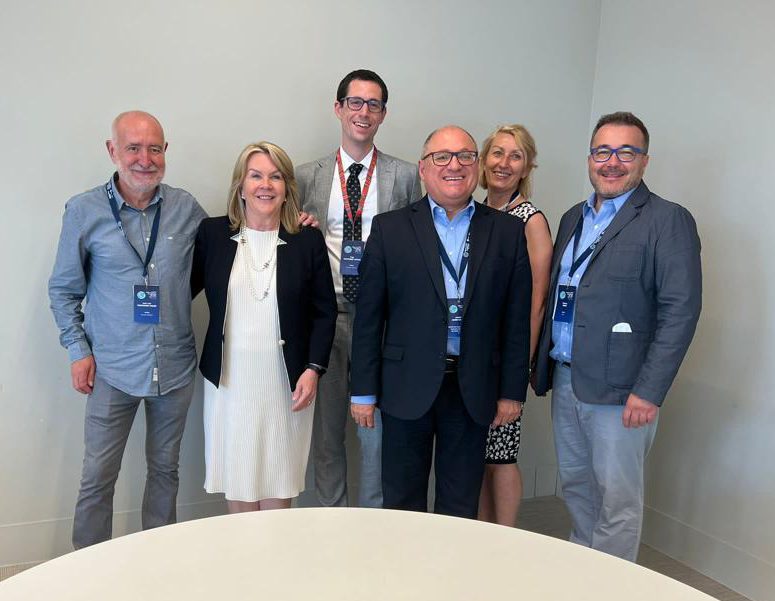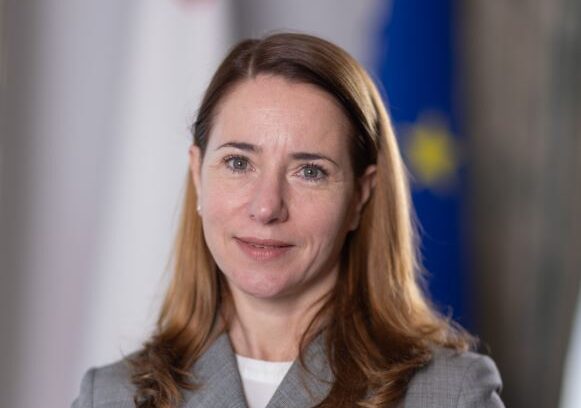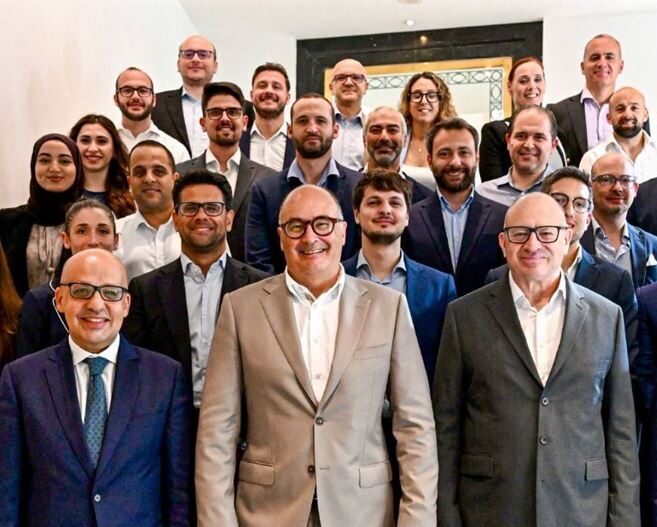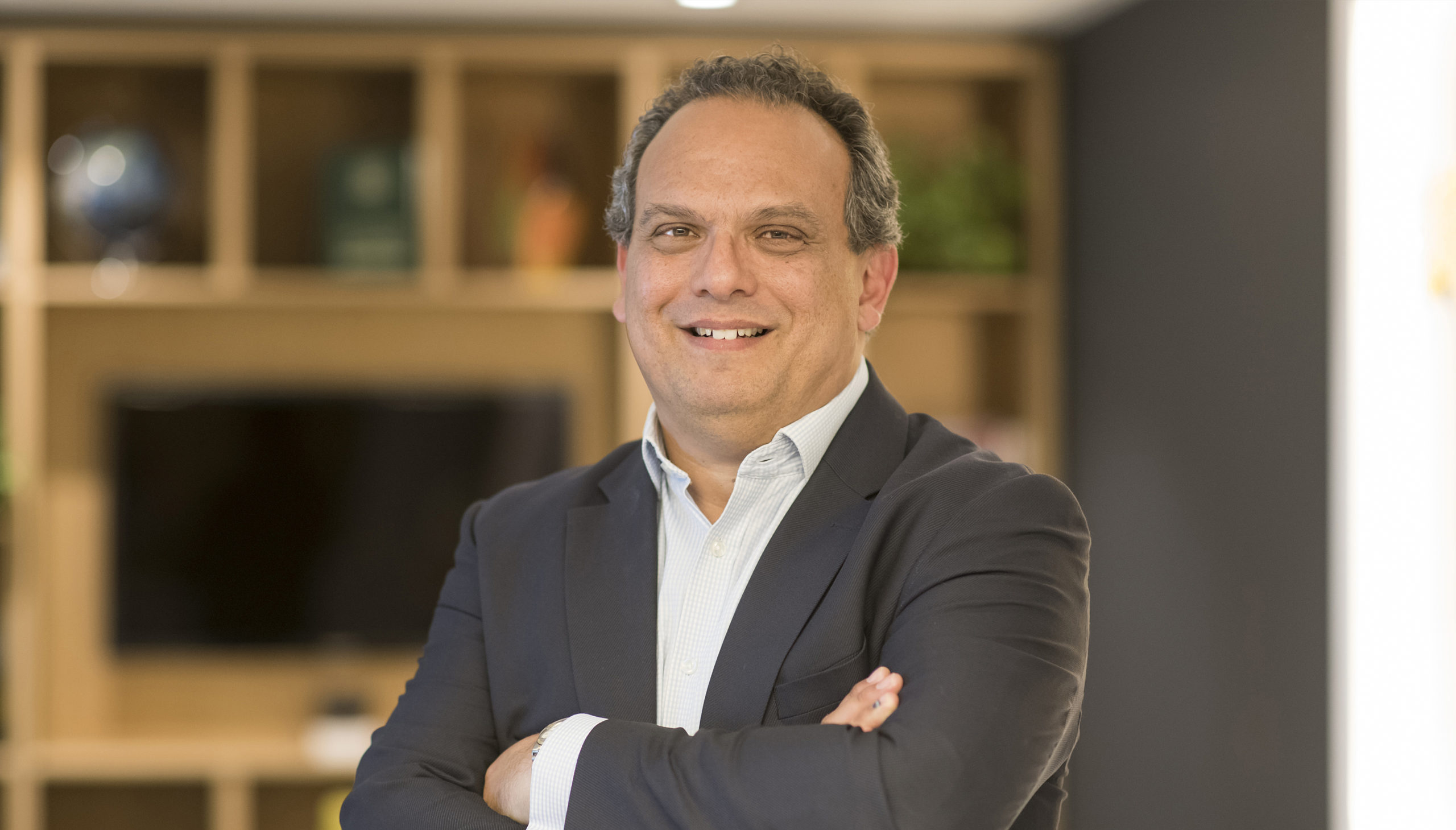Joachim James Calleja, Principal-CEO at the Malta College of Arts, Science and Technology (MCAST) and President of the European Forum for Technical and Vocational Education (EfVET) was a keynote speaker at the Congress of the World Federation of Colleges and Polytechnics (WFCP) in Donostia-San Sebastian, Spain.
WFCP is the largest association of colleges and polytechnics around the world.
The congress was organised in collaboration with TKNIKA – the Basque VET Applied Research Centre which is a world leader in vocational education research – and gathered over 1,000 participants from around the world.
“Many young people today are smart, quick learners and target oriented. Systems of learning have to combine college-based and work experiences and hence the need to bring industry on campus and match more carefully what is being learnt by the jobs available on the labour market,” Profs. Calleja said during his intervention.
“One fundamental lesson learnt from COVID-19 in the context of education and training is that the future of work lies in the transformation of pedagogy,” he continued.
During his intervention, the MCAST CEO focused on how learning is changing fast and the need for VET institutions to create for young learners new forms of work-based learning.
It is this method of learning, Profs. Calleja said, that will retain more students in education and training by making learning more practical, relevant, and attractive.
“The internet of things has changed every space in which we live into a platform for learning including and more incisively the workplace. Colleges and polytechnics must extend their learning spaces and add the workplace as a key learner’s source for new knowledge, skills and competences,” he continued.
The theme of this year’s congress was TVET Excellence for All and thus, focused on the future of work, sustainability, inclusion, and equity.
This was the second time that Profs. Calleja was asked to address this World Congress. His first participation as a key-note speaker was in Quebec, Canada in 2016.
“We need to embrace transformation at all levels, but in particular in the training of teachers, in modernising the infrastructure for learning, and in assessing learners throughout their learning process. Technology has transformed the way we live, learn, and organise our lives. Grasping its added value will determine the future of further and higher education,” the MCAST CEO concluded.
Alison Micallef appointed CEO at Malta Development Bank
She steps into the new role effective immediately.
Impact beyond profit: CSR in Malta is a must in 2025
Nowadays, corporate social responsibility can no longer take a backseat in your business's vision.
Malta’s private equity sector urged to seize opportunities at high-level CEO seminar
Panellists highlighted Malta’s potential as a destination for private capital, citing its English-speaking workforce, regulatory accessibility, and strategic location.
Ronald Attard takes on expanded role as Managing Partner for Risk Management at EY Europe Central
He has built experience in management accounting, corporate finance, and mergers and acquisitions.









